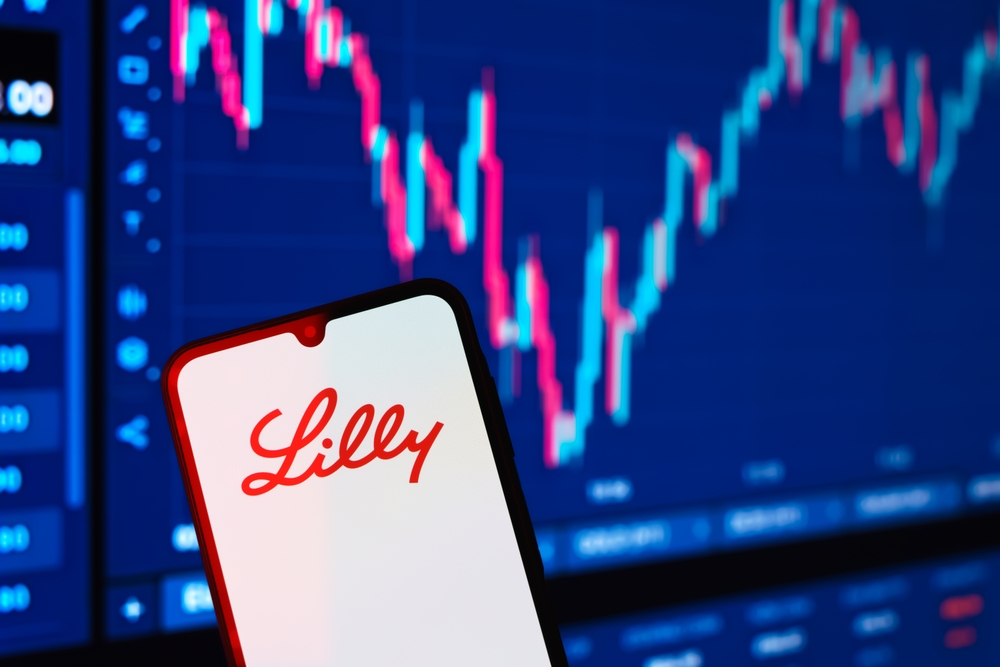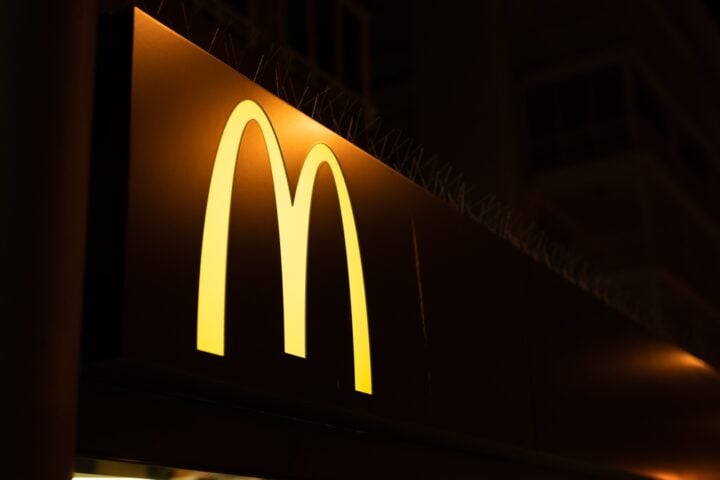Eli Lilly Stock Falls 8% on Lower-than-Expected Zepbound Sales Forecast
Eli Lilly’s shares dropped 8% on Tuesday after the pharmaceutical giant forecast fourth-quarter sales for its weight-loss drug Zepbound below Wall Street expectations. This marks the second time since the drug’s late 2023 launch that sales have disappointed investors.
Stock performance and market reaction
Lilly’s shares were trading at $740.80, heading for their worst single-day decline in nearly four years. After an impressive rally in 2023 that saw the stock more than double by mid-2024, Zepbound’s underperformance in recent quarters has subdued investor sentiment.
The company previously blamed financial and logistical constraints at wholesalers for missed sales targets. This quarter, Chief Financial Officer Lucas Montarce noted that wholesalers did not stockpile incretin drugs, including Zepbound, as they typically do toward year-end.
“This year, given all doses are available, that trend did not materialize. We finished pretty much at the same inventory level in the channel that we had in the third quarter,” Montarce explained.
Sales forecast details
- Zepbound Q4 sales: Forecasted at $1.9 billion, below analysts’ expectations of $2.08 billion.
- Mounjaro Q4 sales: Predicted at $3.5 billion, falling short of the $5.35 billion anticipated by analysts.
Lilly attributed its initial optimism to expectations of faster market growth for incretin drugs, a class that includes both Zepbound and Mounjaro.
Market confidence and valuation concerns
The lower forecast has raised questions about the demand for incretin drugs. Evan Seigerman, an analyst at BMO Capital Markets, commented, “The forecast cut is likely less a shock to investors but may still shake some confidence in incretin demand.”
Eli Lilly’s stock trades at a 12-month forward price-to-earnings ratio of 34.59, significantly higher than competitors like Merck & Co. (10.72) and Pfizer (9.07). This premium valuation underscores the pressure for Lilly to meet its growth expectations.
Future outlook remains optimistic
Despite near-term challenges, Lilly provided a 2025 sales forecast of $58 billion to $61 billion, with the midpoint exceeding analysts’ estimates of $58.52 billion. This suggests the company remains confident in its long-term growth trajectory.
Eli Lilly’s recent struggles with Zepbound sales highlight the volatility in investor expectations for high-growth pharmaceutical segments. While the stock’s premium valuation adds pressure, the company’s strong overall sales guidance for 2025 suggests confidence in its broader portfolio. Investors will closely watch the next quarters to assess the long-term potential of Lilly’s incretin drugs.







